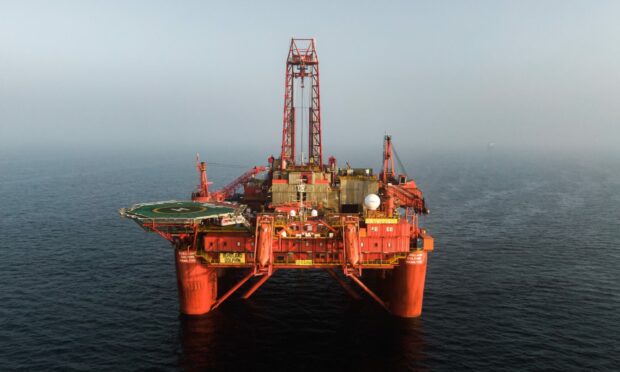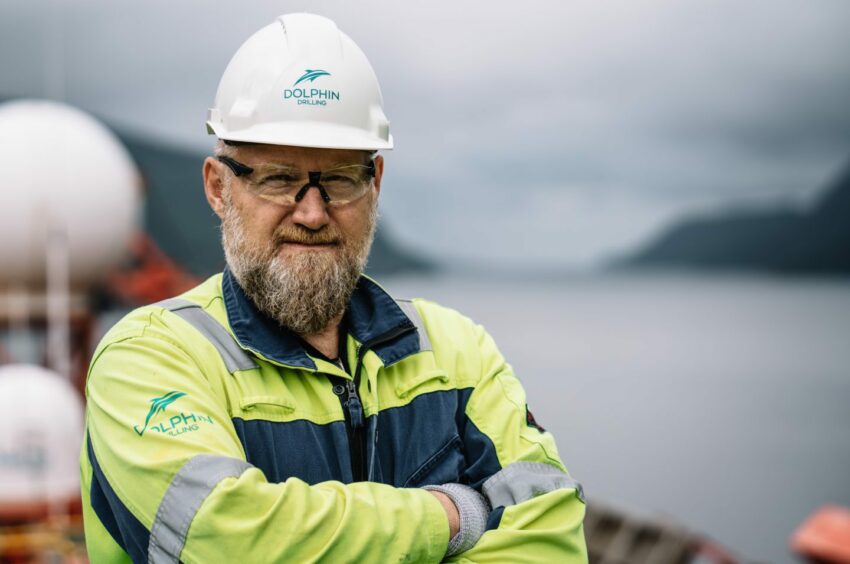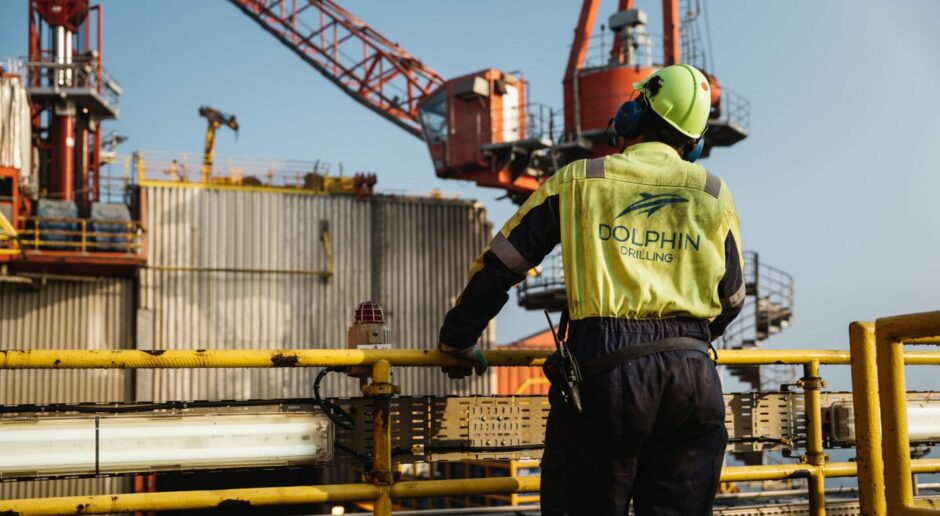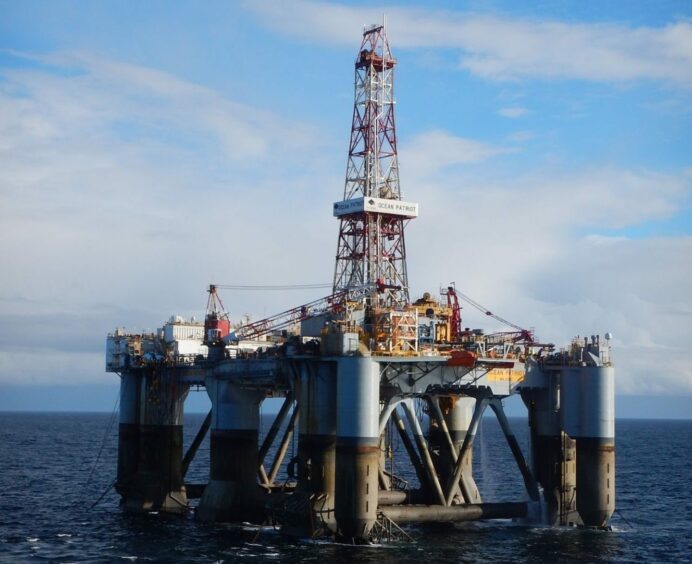Dolphin Drilling has added its name to the list of North Sea companies calling on Westminster to “review their tax policies”.
It comes amid speculation that the Norwegian contractor is reconsidering plans to send one of its rigs to the UK as a result of the government’s oil and gas windfall tax.
It is understood Dolphin is tendering its Borgland vessel for work elsewhere, due to a drop off in demand as North Sea operators grapple with the energy profits levy (EPL).
Oslo-listed Dolphin revealed in August last year that it was planning to bring the Borgland, which has spent most of its life in Norway, to the UK.
Responding to the speculation, the company which has an office in Aberdeen, said it will “continue to market” the rig, currently warm-stacked in Norway, in the UK North Sea.
And during an investor presentation on Tuesday, company chief executive Bjornar Iversen confirmed there has been “a lot of interest” in the Borgland.
Energy security push trumping windfall tax
In its full-year 2022 results, Dolphin also highlighted the “increased focus on energy security”, as well as “declining production”, which it expects to drive increased exploration and development drilling in the UK.
And while the EPL has “generated some headwind”, the company believes it is unlikely to reverse the general direction of travel.
It did acknowledge however that the international market is “gaining significant momentum”, as global oil and gas companies make hay while the sun shines.
Bjornar Iversen, chief executive of Dolphin, said: “Dolphin Drilling is currently seeing a slightly negative impact on UKCS activity levels due to the last windfall tax.
“We hope that the UK Government will review their tax policies to secure UK and Europe with affordable gas.
“The UK has the resources, and we have, together with the rest of the UK oil and gas industry, the capacity and competence to make this happen.
“We will continue to market Borgland Dolphin and the rest of our rigs in the North Sea including the UKCS, but also internationally.
“We also see that the international market outside the North Sea is gaining significant momentum.”
Plans were to mobilise the rig in Q1 2023
Oslo-listed Dolphin revealed in August last year that it was planning to bring the Borgland, which has spent most of its life in Norway, to the UK.
At that point, the company was “tendering heavily”, with six proposals out – five in the UK and one in Norway.
Dolphin, Norway’s oldest offshore driller, said it had a “great belief” that the vessel could become a frontrunner in the UK drilling sector.
Mr Iversen previously said the aim was to “start the mobilisation” of Blackford around the first quater of 2023.
Since then, the UK’s fiscal landscape has changed, and there has been widespread condemnation of the second incarnation of the UK Government’s North Sea windfall tax.
The Chancellor hiked the EPL by an additional 10% in November, for a headline rate of 75% – the finish line was also pushed back to 2028, and a link to the oil price scrapped.
A common theme emerging
The change has been highlighted as the main reason for an exodus of drilling units from the UK North Sea, with contractors opting for more fiscally stable areas.
Just last week, US-headquartered oil and gas firm Apache confirmed it called off a deal with Diamond Offshore more than a year earlier than planned.
The North Sea operator admitted it had taken $12.4 million (£14 million) hit to axe the rig deal.
The US-headquartered operator had initially agreed a deal for the Ocean Patriot in May to keep the vessel operating in the Beryl area in the North Sea through to August 2024.
Diamond is now having to market the rig elsewhere for new projects.
Meanwhile, French oil giant TotalEnergies, the UK’s largest producer Harbour Energy, and London-listed independent EnQuest have all adjusted their plans in response to the EPL.
According to Offshore Energies UK, the windfall tax has driven more than 90% of North Sea oil and gas producers to cut spending.



